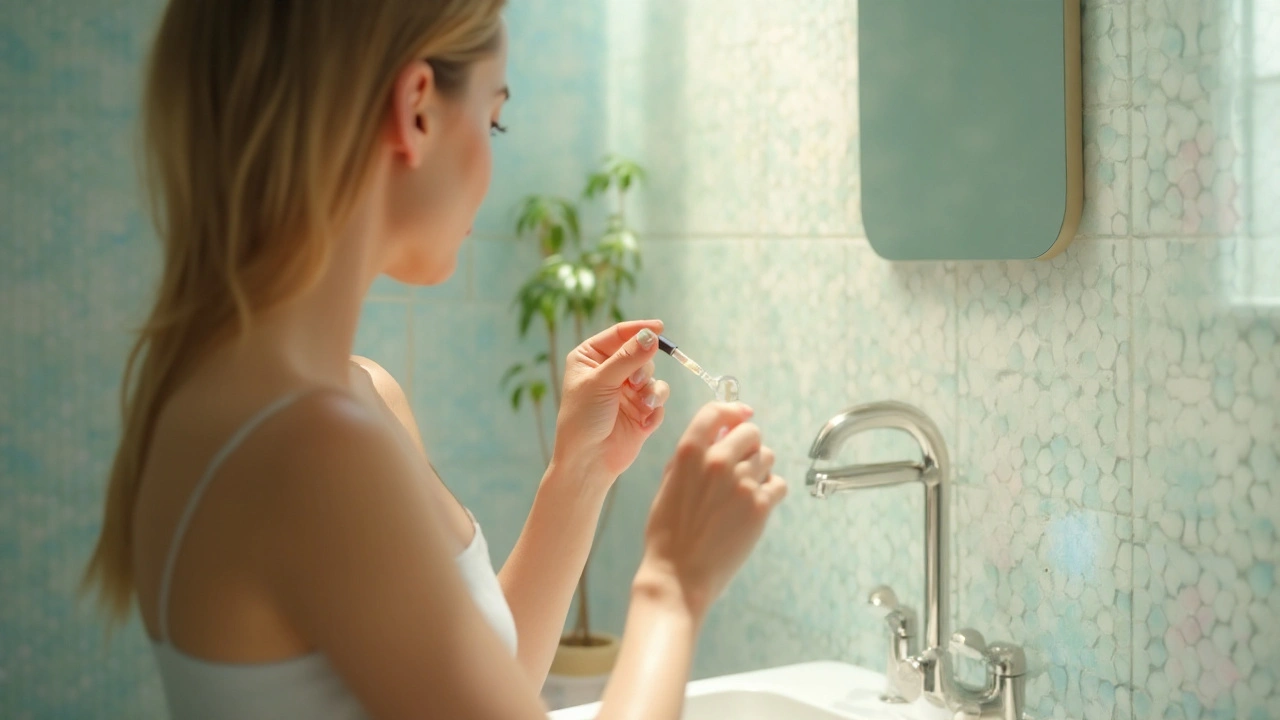Scalp Psoriasis Treatment: What Works Right Now
If you’ve ever scratched an itchy, flaky scalp that just won’t quit, you probably know how frustrating psoriasis can be. The good news is there are several down‑to‑earth ways to calm the flare‑ups and get the skin back to normal. Below you’ll find the most common over‑the‑counter options, the prescription choices doctors recommend, and a few home‑style tricks that actually have science behind them.
Over‑the‑counter solutions that help fast
First up, the stuff you can pick up at any pharmacy. Look for shampoos that contain coal tar, salicylic acid, or ketoconazole. Coal tar slows down skin cell growth, while salicylic acid lifts the scales so the medication can reach the inflamed skin. Ketoconazole fights the yeast that sometimes lives on a psoriatic scalp and makes the itching less intense.
Use the shampoo twice a week, leave it on for a few minutes, then rinse. If you’re sensitive to the smell of coal tar, start with a lower‑strength version and work up as your skin tolerates it. Many people find that alternating a coal‑tar shampoo with a gentle, fragrance‑free cleanser keeps the scalp from getting overly dry.
Another DIY over‑the‑counter option is a diluted apple‑cider‑vinegar rinse. Mix one part vinegar with two parts water, apply after shampooing, and rinse lightly. The acidity helps balance the scalp’s pH and can reduce itching. Just make sure you don’t have open cuts – the sting can be uncomfortable.
Prescription and specialist options
When OTC products aren’t enough, doctors often turn to topical steroids. These come in different strengths; a low‑potency steroid like hydrocortisone can be used for mild patches, while a medium‑potency option such as triamcinolone may be needed for tougher areas. Apply a thin layer once or twice a day, but avoid long‑term daily use to prevent thinning of the skin.
For stubborn cases, a vitamin D analog (for example, calcipotriene) is a solid choice. It works by normalising the way skin cells grow, which directly tackles the root cause of psoriasis. Use it exactly as prescribed – usually once daily – and combine it with a steroid if your doctor suggests.
Biologic injections are the heavy‑hitters for severe scalp psoriasis that won’t respond to creams or shampoos. Medications like secukinumab or ixekizumab block specific immune signals that drive the flare‑ups. They’re given by injection every few weeks and require a visit to a dermatologist, but many patients see a dramatic drop in scaling and redness within a couple of months.
Don’t forget about light therapy (phototherapy). Narrow‑band UVB lights, administered in a dermatologist’s office, can calm the immune response on the scalp. It’s painless, but you’ll need a series of sessions – usually two to three times a week for several weeks.
Finally, keep an eye on lifestyle factors. Stress, smoking, and heavy alcohol use can trigger or worsen psoriasis. Simple steps like a regular exercise routine, mindfulness meditation, or quitting smoking often boost the effectiveness of any medication you’re using.
Bottom line: start with a gentle OTC shampoo, add a stronger medicated one if needed, and move to prescription treatments if the flakes keep coming back. Pair your regimen with stress‑relief habits and you’ll notice a calmer scalp faster than you think.

- Sep, 4 2025
- Comments 17